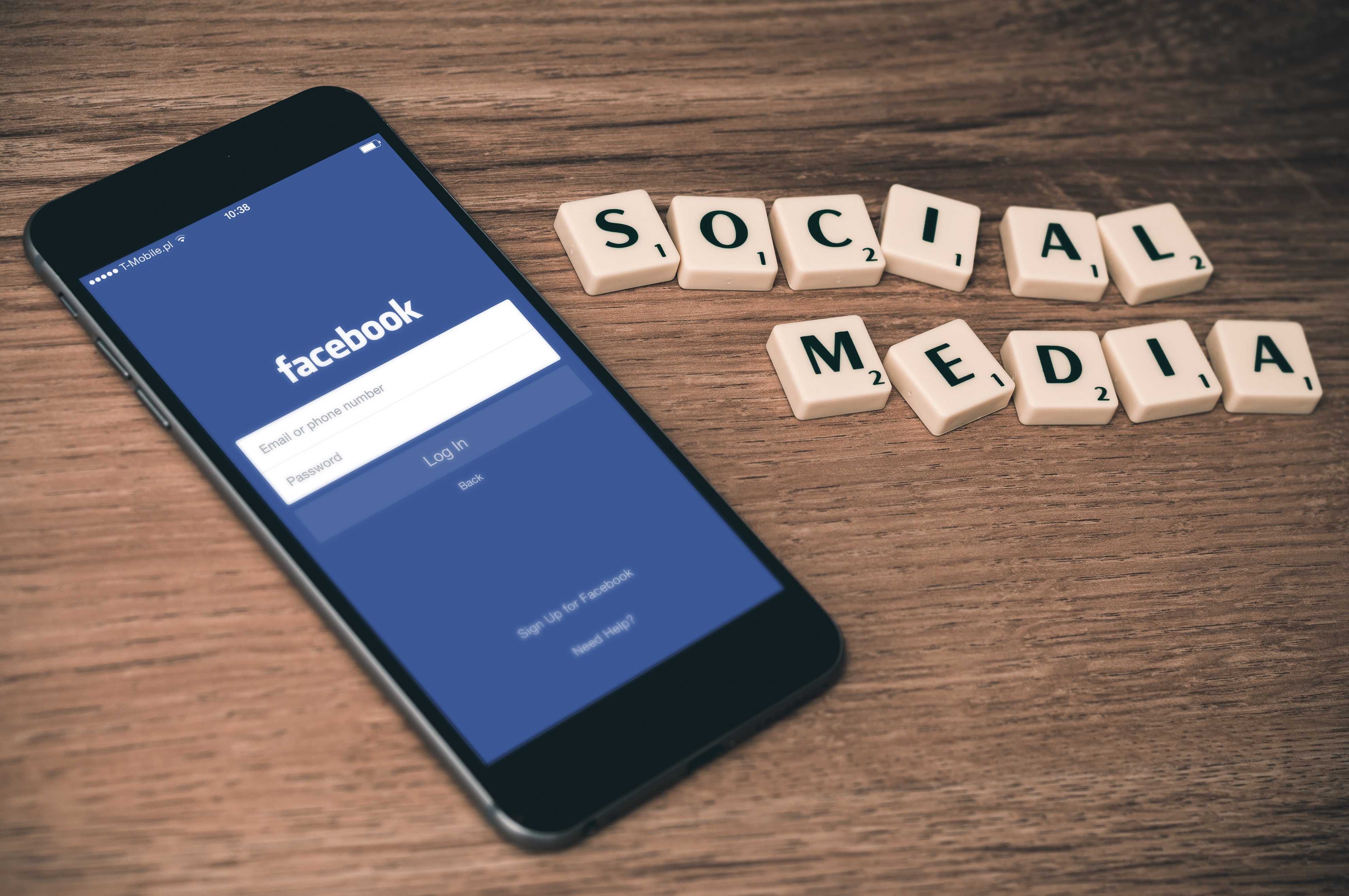
In July of 2017, at the ripe age of 23, I gave up Snapchat. A few months later in December of 2017, I reluctantly parted with my Instagram account, and only 90 days after, I said an unabashed goodbye to Facebook—the stalwart of party planning and get togethers for my generation.
“What’s it like? How do you feel? I bet it’s so nice…” friends chime in, passively acknowledging their dependence on social media is serious—an actual addiction. And to be honest I do feel free, many months after my gradual rehabilitation process, but freedom was not always the resounding feeling.
During those initial months there were dark moments of withdrawal, the scariest of which still occur now, though less sporadically as time passes. Over 10 months after giving up Facebook, whenever I find myself sitting there with a break in my browsing momentum, my fingers will automatically begin to type in “f-a-c…” and then the ever so tempting “facebook.com” will pop up in my browser. The blue login page beckons me, my heart lurches forward desperately screaming “give it to me!” And in those moments (which occur in under 3 seconds), I realize my brain has been altered, neural pathways changed, and I am reminded I am the product of a generation programmed into addiction.
At late nate parties in Oakland, CA, I talk to other tech savvy millennials about the research. The terrifying ways in which Facebook and its counterparts are performing experiments on dopamine-driven feedback loops. I joke they are the mad scientists we read about when we were young. My childlike imagination creates a scene in which these evil geniuses have stained teeth, long wiry hair, clean white lab coats, and crazy eyes. They sit in cavernous underground labs laughing maniacally as they find the exact formula of the perfect timing to reveal when to grant us the satisfaction of seeing that someone has “liked” our photo. (In reality, they are probably caricatures of the typical Bay Area tech bro, in logo emblazoned tech hoodies, jeans, and a pair of Allbirds to boot.)
Back to the “like,” (even saying the word elicits a sense of mouth watering satisfaction) has become my generation’s substitute for Pavlov’s bell. The evil scientists wait just until we are starved and find that perfect moment based on the chemistry in our brains to release yet another wave of dopamine until we’re hooked. Then they keep us salivating for more as we refresh our screens, waiting for those tasty “likes.”
And even the leaders behind those companies are not proud of their work. When Chamath Palihapitiya, former Vice President of User Growth at Facebook was asked about the issue, he told students at Stanford: “I feel tremendous guilt.” I don’t know about you, but that kind of reaction doesn’t sound great to me.

I wonder if in decades to come there will be wellness rehabilitation centers just for this: to cure an entire generation from the addiction of not being able to be present. The addiction is more than a lack of presence, the dopamine feedback loop creates a dangerous biologically induced trap for us millennials.
But, it’s not only my generation; whenever I sit on the London Underground or the 1 train Uptown in New York City to attend my M.A. classes at Columbia University where my thesis research focuses on the technology sector, I am surrounded by a sea of eyes hooked on 5 inch screens, with steadily swiping thumbs. All eyes are downcast; even the eyes of older riders with gray hair and weathered skin, who have lived in a world before this madness. There is an earieness to the trains lit by these small screens—a quiet sense impending of terror. What will this become in ten years, in twenty years, in fifty years?

Just a few months back in Grand Central Terminal, I watched a 10 month old baby hold his mother’s iPhone X, not making a sound or moving a muscle, while his mother steadily changed his diaper. His legs relaxed limply with his ankles held in her hand, his tiny left hand held the massive iPhone, and his right pointer finger slid across the screen. He was hooked too—proof that the smartphone addiction does not discriminate against age, economic status, religion, or race.
The worst part is the research reveals a high correlation rate between smartphone usage and depression in adults. If that’s the case, what will happen to those who aren’t even a year old when the smart phone usage starts? How will they develop the necessary skills to break the addiction? Will they live happy and healthy lives or be trapped in a cycle of short dopamine boosts complemented by long bouts of depression?
I think back to when people read newspapers and hard copies of books on commuter trains without headphones and smart phones. I wonder if there was more of an acknowledgement of our common humanity back then when we could really be together—when we had no option of a tiny screen to distract us. I nostalgically imagine a time when we were truly aware of the person sitting next to us.
Now, despite the fact that we still sit next to each other on crowded subway trains, we remain separated due to mere centimeters of a thin screen. A screen that holds vast potential to connect us to those around the world, yet paradoxically has led us to grow further apart from the human being seated next to us and ultimately ourselves.

